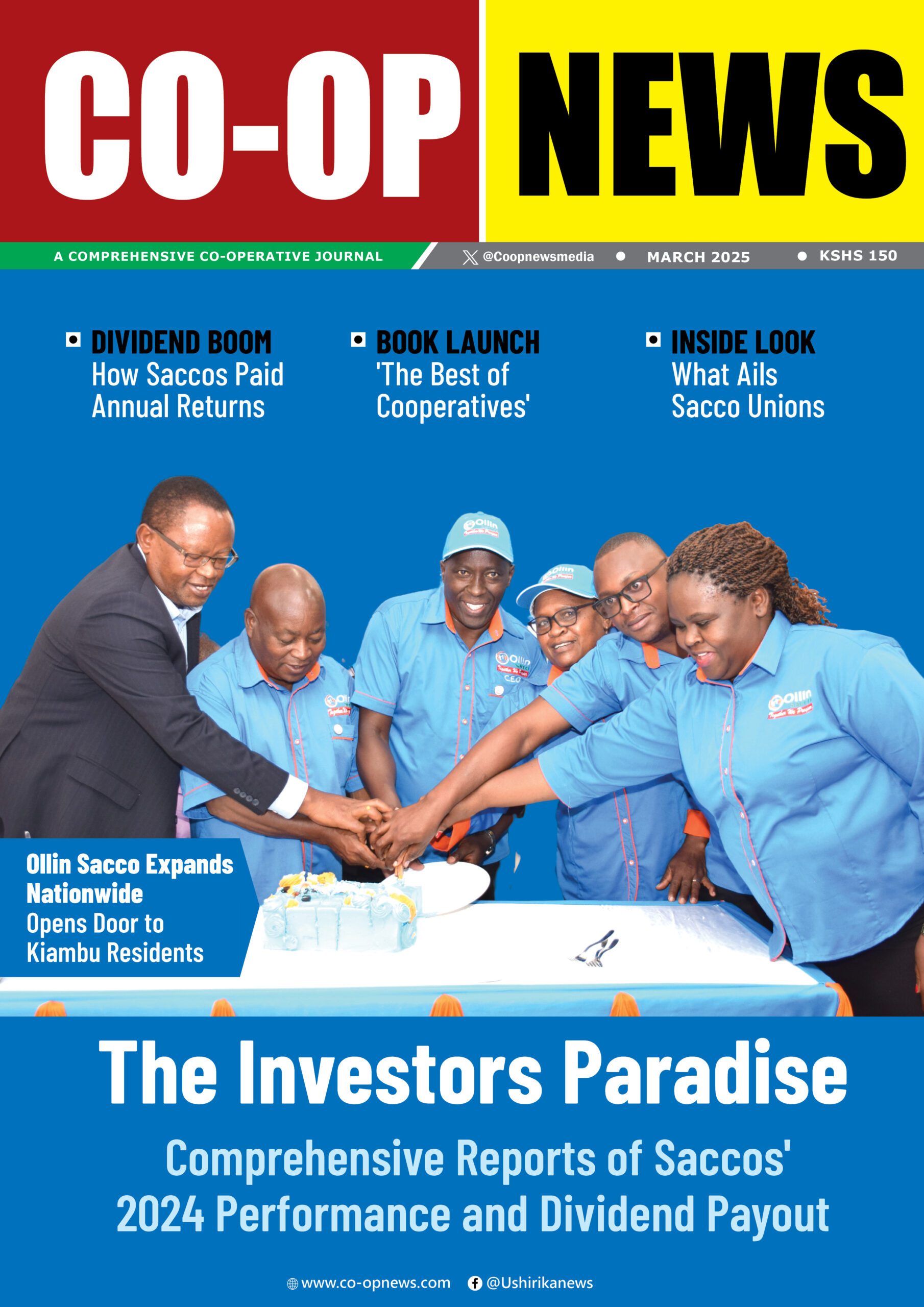EACC receives 372 complaints on allegations of corruption and unethical conduct, 27 reports touching on Chairpersons and CEOs
State Department for Co-operatives has collaborated with Ethics and Anti-Corruption Commission (EACC) to strengthen transparency and accountability in the co-operative sector.
The State Department for Co-operatives and the Commission signed a Memorandum of Understanding (MoU) in March 2019 partnering to enhance the capacity of the Cooperative Sector in combating and preventing corruption.
Recently, both institutions held integrity webinars for officials and staff of Financial Cooperatives from Uasin Gishu and Nyeri Counties, organised to build capacity in financial co-operatives on matters of Ethics and Integrity.
According to the reports by the State Department, the Cooperatives Sector plays an integral role as a driver of economic growth, contributing about 30 per cent of the national savings and employing more than 500,000 Kenyans directly and another 1.5 million indirectly.
Saccos are also key players in the realization of Vision 2030 by mobilising savings for the Country’s investment needs. Given the asset base that this sector controls over one trillion shillings and a loan portfolio exceeding Kshs 700 Billion as of 2017, the sector is therefore of interest to the Commission.
Resources of such high value warrant appropriate internal controls, sound leadership, transparency and accountability. The need to uphold integrity in the management of resources entrusted to co-operatives in the form of hard-earned savings by Kenyans cannot be overemphasized.
Since 2013, EACC has received 372 complaints on allegations of corruption and unethical conduct within the Cooperatives Sector. A total of 47 complaints, upon analysis, were found to be within the mandate of the Commission and hence taken up for investigations. The rest were referred to other relevant agencies, and advisories thereof issued to the complainants.
Out of the total complaints received, both low level and high-level officials were involved. These officials constituted officers and managers of the co-operative societies. Middle-level officials who are mostly managers engaged in maladministration of the societies.
Further, 27 reports were touching on Chairpersons and CEOs of several co-operative societies. These are serious matters that render ordinary members vulnerable to loss of their savings and endanger livelihoods and the Country’s economy.
The webinar training program was designed as a pro-active intervention to create awareness among co-operative societies, to equip them with the appropriate knowledge, skills and tools to advance integrity in this important sector.
EACC said it remains committed to building the capacity of the Cooperatives Sector workers to prevent corruption and enhance accountability mechanisms in the administration of the co-operative movements in the Country.
The government has intensified graft war in the sector and has created a Sacco Fraud Investigation unit that operates under Sacco Societies regulatory Authority (SASRA). The Directorate of Criminal investigations supports the unit to curb fraud and embezzlement cases in the co-operative sector.
The move is an important development that will ultimately strengthen the Sacco sector. Saccos have changed livelihoods, but the emergency of pyramid schemes fashioned like Saccos soils the good co-operative name.
“SACCOs are critical players in our financial ecosystem. They have been central to both societal and individual development for many years. We at Kwara have heard countless stories of the individuals who improved their salary, provided education to their relatives and built houses, all because of SACCO services. Increased regulation on the management of SACCO funds will mean that more of these stories become every person’s reality,” says Kwara, a fintech firm.





